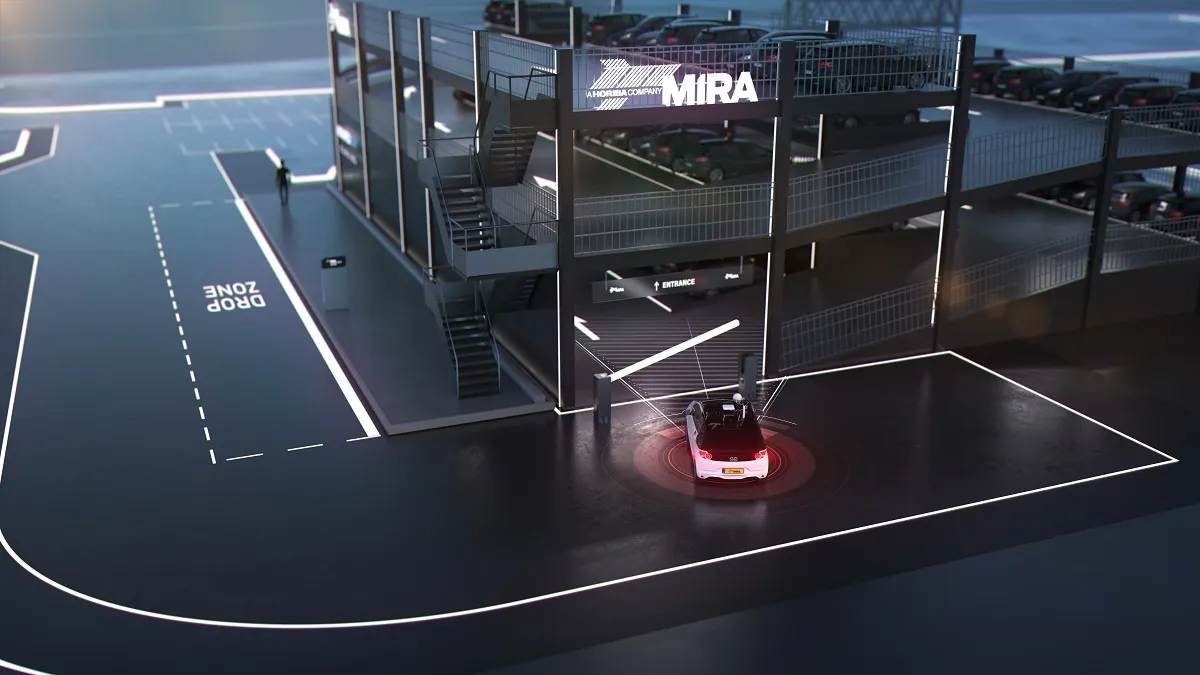Horiba Mira is urging bus manufacturers and operators to consider converting existing buses with electric powertrain technology to help the UK achieve a cleaner public transportation network.
Horiba’s global electrification services leader Greg Harris says: “While the onus to date has mainly been on bringing new electrical buses to market, not to be overlooked is the major role retrofitting existing buses to e-buses can play in the UK’s all-electric bus towns pilot, and in meeting the EU’s clean vehicles directive.”
In September, UK chancellor of the exchequer Sajid Javid announced £50 million to develop an ‘all-electric bus town’ in an unconfirmed location in which all buses were converted to wireless electric vehicles. Existing country buses are expected to be transitioned to hybrid vehicles, using electric power within built-up areas and diesel in more rural ones.
The clean vehicles directive states that at least a quarter of new buses purchased by public authorities in cities across Europe must be zero-emission by 2025, and at least a third by 2030.
Horiba is now working with lithium-ion battery specialist BMZ and e-axle experts Ziehl-Abegg to offer a turnkey service for converting bus fleets to e-buses.
The partners will develop electric powertrain solutions, with the option of a complete retrofit offering of existing bus fleets through local partners where required.
“Converting existing bus fleets offers a cost-effective and innovative solution to deploying cleaner electric public buses across Europe and we’d urge all bus owners and operators to consider this as a viable alternative to buying new electric buses,” Harris adds.
Horiba urges electric retrofits for bus fleets
Horiba Mira is urging bus manufacturers and operators to consider converting existing buses with electric powertrain technology to help the UK achieve a cleaner public transportation network.
Horiba’s global electrification services leader Greg Harris says: “While the onus to date has mainly been on bringing new electrical buses to market, not to be overlooked is the major role retrofitting existing buses to e-buses can play in the UK’s all-electric bus towns pilot, and in meeting the EU’s clean vehicles d
November 4, 2019
Read time: 2 mins










